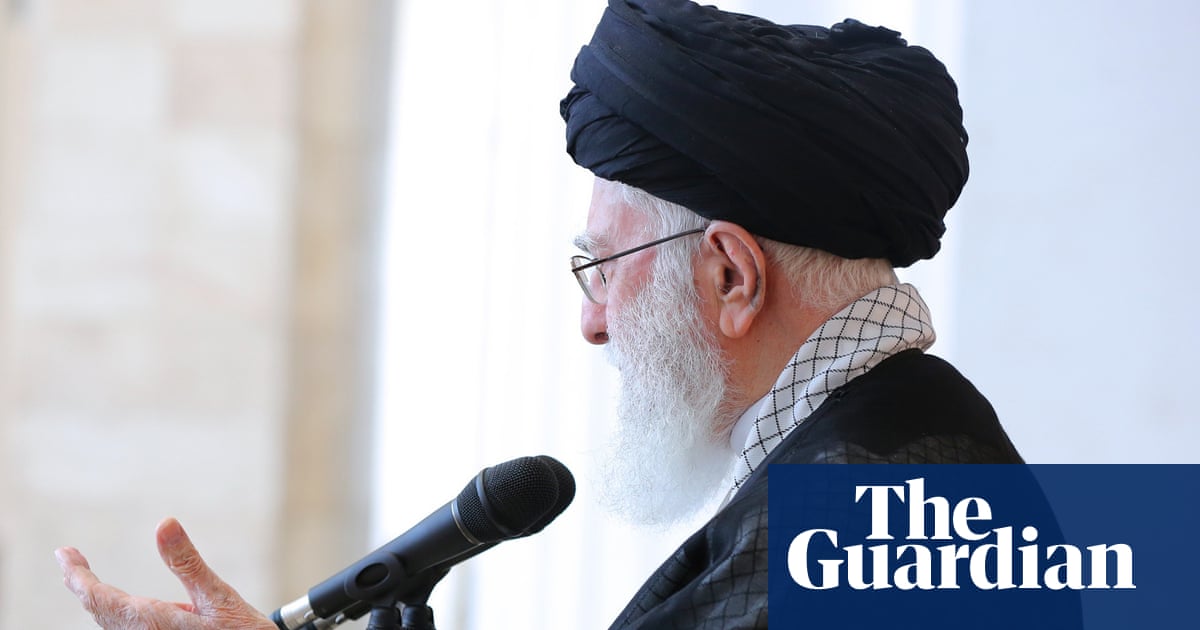 |
|
In a powerful display of defiance and solidarity, Iran’s supreme leader Ayatollah Ali Khamenei delivered a fiery sermon at Friday prayers in Tehran, vowing unwavering support for Hezbollah in Lebanon and Hamas in Gaza. This comes in the wake of a series of Israeli airstrikes targeting senior figures in both groups, raising the stakes in the already volatile Middle East.
Khamenei's address was a direct response to the recent escalation of tensions, sparked by the Israeli strikes that claimed the lives of Hezbollah's secretary-general Hassan Nasrallah and Hamas's political leader Ismail Haniyeh. In his sermon, he defended the ballistic missile attack on Israel earlier this week, declaring it a legitimate retaliation for the deaths of these key figures. This attack, involving over 180 missiles, saw most intercepted by Israeli defenses, though some impacted military bases.
Khamenei framed the conflict as a struggle against a common enemy, calling on Muslim nations from Afghanistan to Yemen to stand united in the face of what he perceived as foreign interference and Israeli aggression. He praised those who had died in the ongoing conflict as martyrs, assuring them that the resistance would not falter. This stance, combined with the large crowd gathered for the sermon, served as a demonstration of Iranian resolve and solidarity.
The sermon, delivered in both Arabic and Farsi, was Khamenei's first public address since the assassination of Qassem Soleimani, the powerful head of the Islamic Revolutionary Guards Corps, in 2020. This made it a significant event, highlighting the Iranian leadership's commitment to supporting its allies and maintaining a strong stance against Israel.
While Khamenei appealed for Muslim unity, his speech made little effort to build bridges with moderate Arab leaders. Instead, he lauded the Hamas attack on Israel in October 2022, which resulted in the deaths of over 1,200 people, as a legitimate act. This emphasis on the Palestinian struggle and the condemnation of Israel as the root cause of the region's problems reinforces the deeply entrenched animosity between Iran and Israel.
The Israeli prime minister, Benjamin Netanyahu, responded to Khamenei's speech with his own appeal to the Iranian people, urging them to overthrow their leadership and stop the wasteful spending on regional conflicts. He also issued a warning, stating that there was no place in the Middle East that Israel could not reach. This exchange underscores the deep mistrust and animosity between the two nations.
The Iranian leadership's decision to closely align its fate with the Palestinian resistance carries risks, considering the ongoing economic challenges facing Iran. Inflation stands at 31%, growth remains low, and living standards have been significantly impacted. While the Iranian defense budget accounts for a relatively small percentage of GDP, this ongoing conflict further strains an already fragile economy.
Despite the risks and the warnings from Israel, Iran's stance demonstrates its unwavering commitment to its allies and its determination to confront its perceived enemies. Khamenei's sermon serves as a rallying cry for the resistance movement in the region, raising the stakes of the conflict and setting the stage for further potential escalation.
Source: Iran’s Ali Khamenei vows Hezbollah and Hamas will not back down
